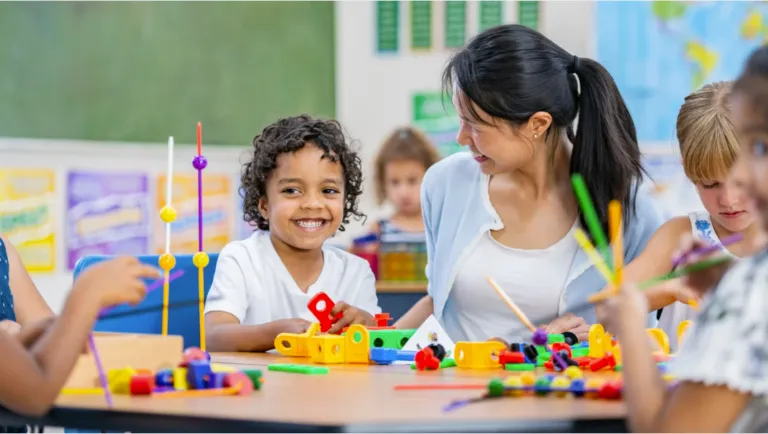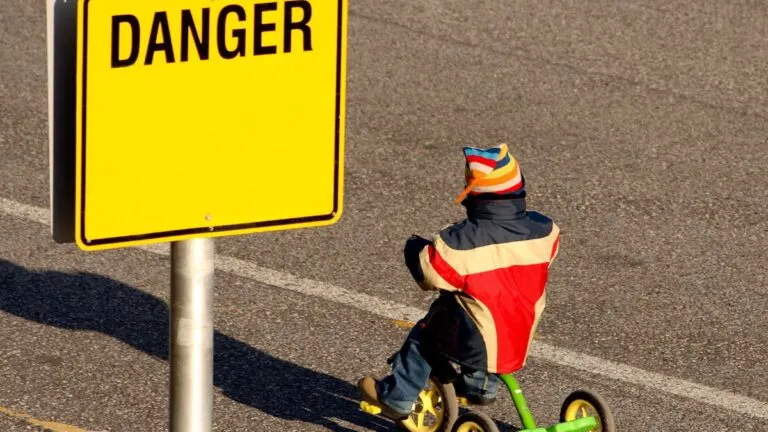Golden Care Blog
Welcome to the Golden Care Therapy Blog—your go-to source for evidence-based insights and practical tips on autism and ABA therapy. Explore the latest research, hands-on strategies, and expert guidance designed to help your child thrive at home, in school, and beyond.

Helping Children with Autism Learn the Value of Sharing
Sharing is a complex social behavior that can present unique challenges for children with autism spectrum

Understanding Body Language in Kids with Autism
Body language is a vital part of communication for everyone, but for children with autism,

Can Role-Playing Improve Social Skills in Autistic Kids?
Role-playing serves as an effective method for enhancing social skills in children with autism. This approach allows

5 Skills ABA Therapy Teaches Children with Autism
Applied Behavior Analysis (ABA) therapy is a scientific approach that focuses on understanding and improving specific

An Overview of Special Education for Autistic Children
The foundation of special education laws is rooted in the principle of equal access to

How Does Autism Affect a Child’s Sense of Danger
A child’s sense of danger helps them navigate the world safely, but for children with

6 Ways Autistic Children Perceive Facial Expressions
Facial expressions are a vital part of communication. They help us understand how someone is feeling

How Do Autistic Children Experience Physical Touch
Autistic individuals often experience unique sensory processing differences, particularly regarding touch. For those who have tactile avoidance

The Ultimate Guide to Communicating with Nonverbal Children
Communicating with nonverbal children, particularly those with autism, requires patience, creativity, and an understanding of
Get in Touch Today
If you’re looking for compassionate ABA therapy and a team that truly cares, we’re here for you. Let’s walk this journey together, one small success at a time.
We’re ready when you are.
